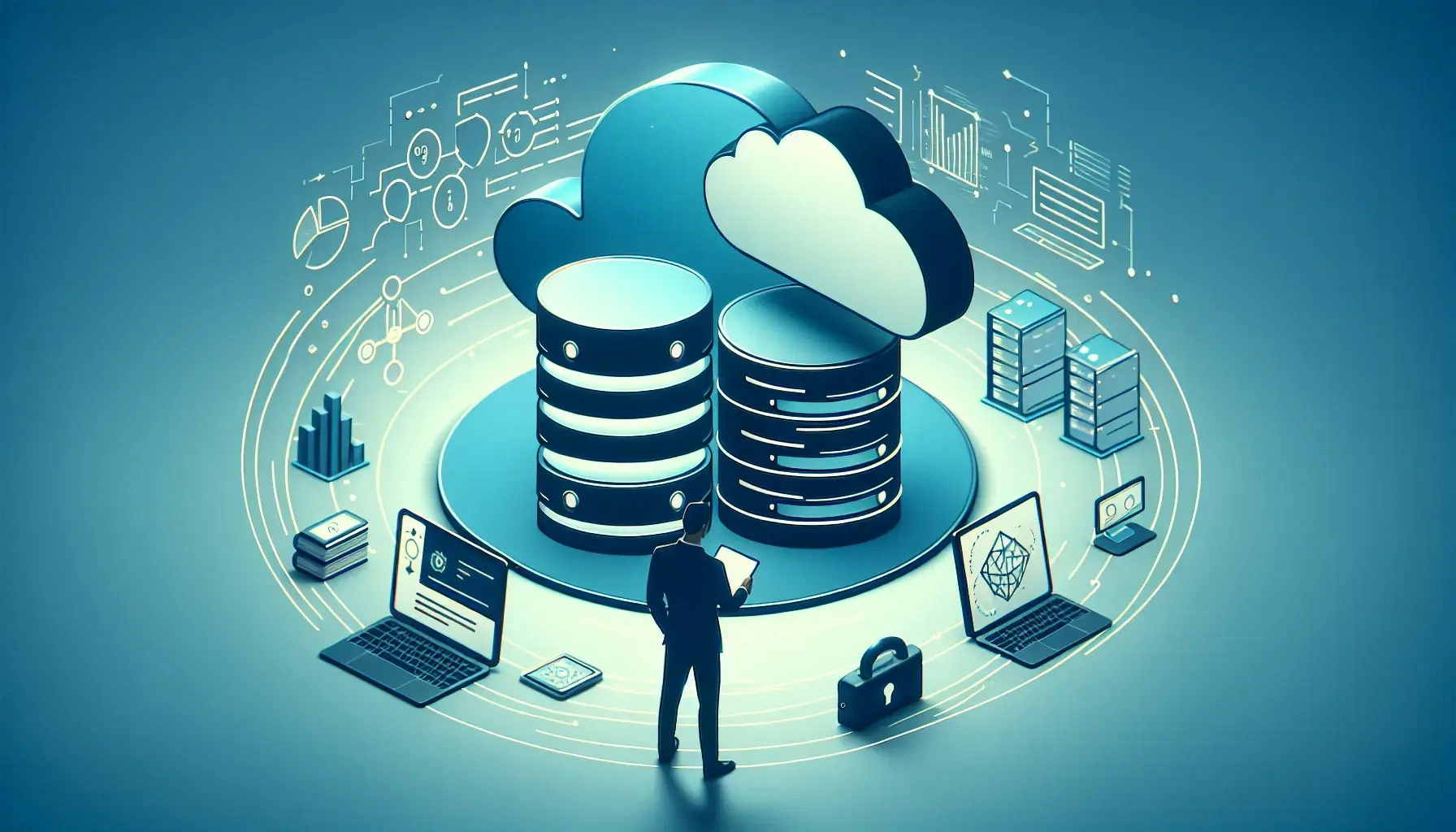In the world of data management, two primary solutions dominate the scene: cloud and on-premise database solutions. This comprehensive guide aims to dissect the intricacies of both, providing a clear comparison to help you make an informed decision. We'll delve into the pros and cons, cost-effectiveness, security, and scalability of each solution, ensuring you have a well-rounded understanding of these critical data management systems.
Understanding the Basics: What are Cloud and On-Premise Databases?
At the heart of every business lies data. This data requires efficient management, and that's where database solutions come into play. Two primary types exist: cloud and on-premise databases.
Cloud databases are hosted on a cloud service provider's platform. They offer scalability, flexibility, and cost-effectiveness. You can access your data from anywhere, at any time, as long as you have an internet connection.
On the other hand, on-premise databases reside on your company's physical servers. They offer more control over your data and its security. However, they require a significant upfront investment and ongoing maintenance costs.
Pros and Cons: Weighing the Benefits and Drawbacks
Both cloud and on-premise databases have their unique advantages and disadvantages.
Cloud databases offer scalability, allowing your database to grow with your business. They also provide cost-effectiveness, as you only pay for what you use. However, they rely heavily on internet connectivity. Any disruption can affect your access to data.
On-premise databases offer more control over your data. You can customize the database to your specific needs. However, they require a significant upfront investment and ongoing maintenance costs. They also lack the flexibility and scalability of cloud databases.
Cost-Effectiveness: Analyzing the Financial Implications
When it comes to cost, cloud databases often come out on top. They operate on a pay-as-you-go model, meaning you only pay for the storage and computing power you use. This model can be particularly beneficial for small businesses or startups with limited budgets.
On the other hand, on-premise databases require a significant upfront investment. You'll need to purchase the necessary hardware, software, and licenses. Additionally, you'll need to budget for ongoing maintenance and upgrade costs.
Security: Evaluating Data Protection Measures
Security is a critical consideration when choosing a database solution.
Cloud databases offer robust security measures, including encryption and firewalls. However, you're entrusting your data to a third party, which can be a concern for some businesses.
On-premise databases allow you to maintain complete control over your data's security. However, this also means you're responsible for implementing and maintaining all security measures.
Scalability: Assessing Growth Potential
Scalability is another crucial factor to consider.
Cloud databases excel in this area. They allow you to easily scale up or down as your business needs change. You don't need to worry about running out of storage space or computing power.
On-premise databases, on the other hand, can be more challenging to scale. You'll need to purchase additional hardware and software, which can be costly and time-consuming.
Making the Decision: Cloud vs On-Premise Databases
The decision between cloud and on-premise databases ultimately depends on your business's specific needs.
If you value flexibility, scalability, and cost-effectiveness, a cloud database may be the best choice. However, if you prefer to maintain complete control over your data and its security, an on-premise database might be more suitable.
Wrapping Up: Cloud vs On-Premise Databases
In conclusion, both cloud and on-premise databases offer unique advantages. Your decision should be based on your business's specific needs and resources. It's crucial to consider all factors, including cost, security, scalability, and control over data. By doing so, you can ensure you choose the database solution that best aligns with your business goals.

